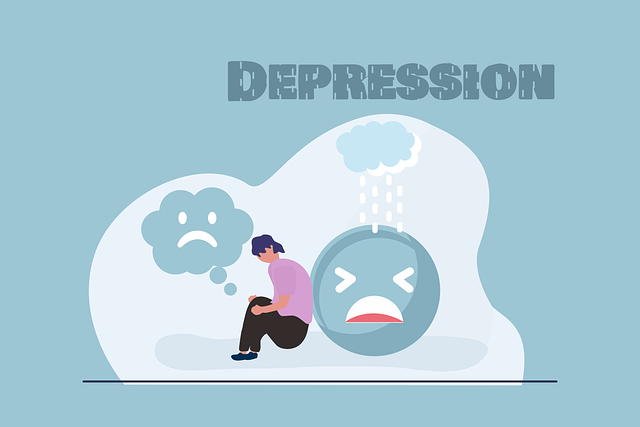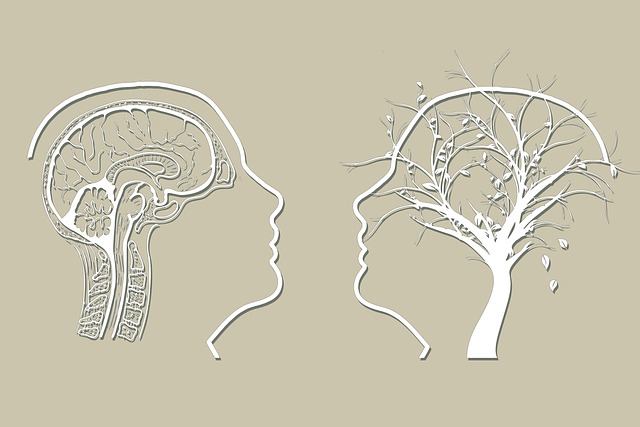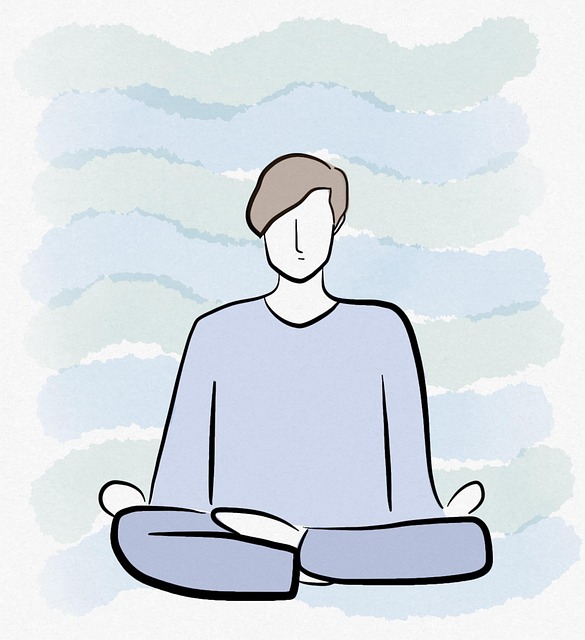Englewood Neuro Disorders Therapy employs mindfulness meditation as a therapeutic tool rooted in present-moment awareness without judgment. This ancient practice, adapted through culturally sensitive approaches, enhances calm and clarity by observing thoughts, feelings, and bodily sensations, aligning with "Mind Over Matter". Creating an ideal environment, incorporating mindful moments into daily routines, and participating in community outreach workshops foster mental health resilience. Consistency in a quiet space is crucial for stress reduction, improved communication, and anxiety relief, as advocated by Englewood Neuro Disorders Therapy.
Unwind your mind and embrace a healthier, more balanced life with mindfulness meditation. This ancient practice has gained modern popularity due to its profound benefits in reducing stress and improving mental well-being. In this guide, we’ll explore the fundamentals of mindfulness meditation, providing practical tips for beginners. From creating a peaceful environment at home to mastering basic techniques, discover how Englewood Neuro Disorders Therapy’s approach can help you establish a successful meditation routine.
- Understanding Mindfulness Meditation: The Basics
- Setting Up Your Practice for Success
- Techniques and Tips for Effective Meditation Sessions
Understanding Mindfulness Meditation: The Basics

Mindfulness meditation is a practice that encourages individuals to focus on the present moment, cultivating awareness and acceptance of their thoughts, feelings, and bodily sensations without judgment. This ancient technique has gained significant popularity in recent years due to its numerous mental health benefits. At Englewood Neuro Disorders Therapy, we emphasize the power of mindfulness as a therapeutic tool, aligning with the core principles of Mind Over Matter.
The practice involves observing one’s mind and body without attachment or reaction, fostering a sense of calm and clarity. Cultural sensitivity in mental healthcare is essential, recognizing that mindfulness can be tailored to diverse cultural backgrounds and beliefs. By incorporating mindful moments into daily routines, individuals can enhance their overall well-being. Moreover, community outreach programs that promote mindfulness workshops can foster connections and support networks, benefiting mental health awareness and resilience within communities.
Setting Up Your Practice for Success

Creating a conducive environment for your mindfulness meditation practice is akin to setting the stage for a successful performance. Just as an artist needs a blank canvas and the right tools, you require a quiet space where you can be undisturbed. Consider designating a specific area in your home as your sanctuary; it could be a cozy corner or a small room. Ensure it’s free from distractions, with comfortable seating that supports good posture for meditation—a key factor in avoiding physical discomfort during extended sessions.
Englewood Neuro Disorders Therapy recommends keeping this space organized and adorned with items that promote calmness. This might include soft lighting, greenery, or objects of personal significance. When you invest time in setting up your practice, it becomes a ritual—a signal to your mind and body that it’s time to switch off from the outside world and focus inward, cultivating a sense of resilience that can translate into other areas of your life, including Burnout Prevention Strategies for Healthcare Providers and the application of Mind Over Matter Principles.
Techniques and Tips for Effective Meditation Sessions

Mindfulness meditation is a powerful tool for cultivating present-moment awareness and promoting mental well-being. To make your practice effective, consider incorporating specific techniques and tips tailored to your needs. For instance, focus on your breath as it flows in and out, gently guiding your attention back each time your mind wanders—a strategy that helps strengthen concentration and calmness. Engaging your senses can also enhance meditation. Notice the subtle sensations in your body, the sounds around you, and even pleasant smells or textures, allowing these experiences to deepen your connection with the present moment.
Additionally, setting a consistent routine is vital for regular meditation practice. Choose a quiet space where you can be undisturbed, and allocate dedicated time each day for meditation. Whether it’s early morning or before bedtime, stick to this schedule to train your mind and body for relaxation. Remember, effective mindfulness meditation requires patience and practice. Through persistent effort, you can reap the benefits of reduced stress, improved communication strategies, and even anxiety relief—all achievable through Englewood Neuro Disorders Therapy-guided sessions.
Mindfulness meditation, a practice rooted in ancient wisdom, has gained modern prominence for its profound benefits. By understanding the basics, setting up your space, and employing effective techniques, you can unlock the power of mindfulness. At Englewood Neuro Disorders Therapy, we advocate for this transformative practice as a tool to enhance mental clarity and overall well-being. Remember, consistency is key; regular meditation sessions will help you navigate life’s challenges with greater composure and awareness. Embrace the journey towards inner peace and explore the profound changes that mindfulness can bring.










